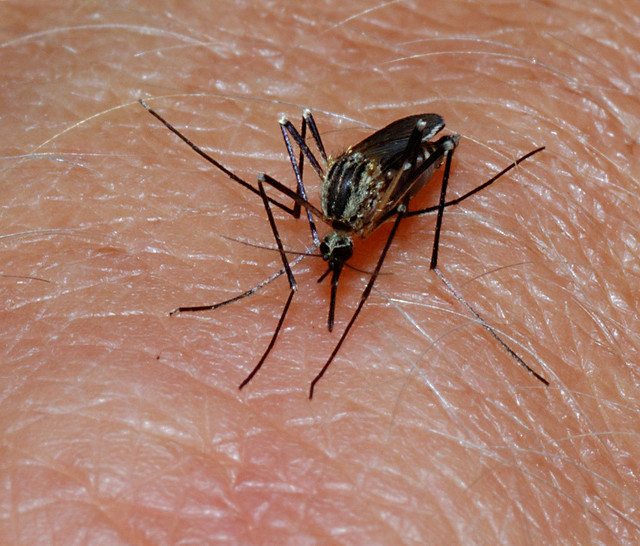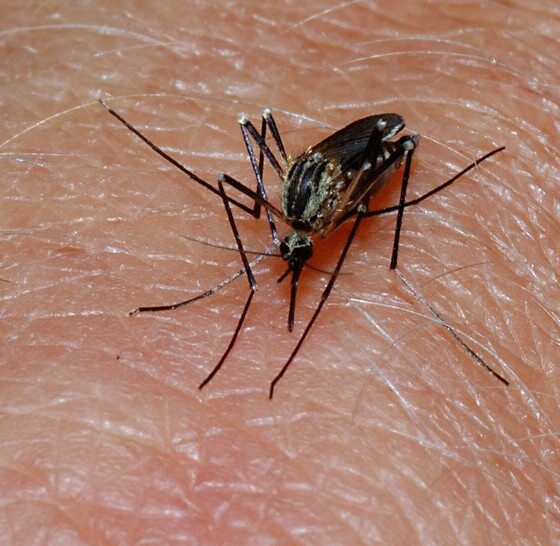

Environment
Dengue fever outbreak ‘imminent’ in Europe because of climate change
The risk of dengue fever spreading across Europe is now imminent because of rising temperatures caused by climate change, scientists have warned.
Dengue fever is a viral infection carried by mosquitoes that is usually found in tropical and sub-tropical climates.
In most cases, it causes a flu-like illness and severe joint and muscle pain – from which it gets the alternative name of breakbone fever.
According to the World Health Organisation (WHO), there are between 50-100 million cases of dengue worldwide every year.
However, in a small proportion of cases, the fever can develop into a potentially lethal complication called severe dengue. This is a leading cause of serious illness and death among children in some Asian and Latin American countries.
Each year, an estimated 500,000 people require hospitalisation because of severe dengue, the majority of whom are children. About 2.5% of those affected die.
Now, scientists fear that the conditions in Europe are becoming more favourable for mosquitoes carrying dengue because of the effects of climate change.
There have already been sustained outbreaks of dengue caused by local transmissions in Europe in recent years. Cases were reported in France and Croatia in 2010 and 2012, while an outbreak on the Portuguese archipelago Madeira resulted in over 2,000 cases.
After using climate models, researchers from Umeå University in Sweden say it is “only a matter of time” until there is a larger European outbreak.
“In our analyses, we can see that climate change, including the extreme weather with large daily temperature fluctuations in different areas of Europe, causes a large relative increase in the potential for epidemic spread of dengue fever”, said Jing Helmersson, one of the authors of the study.
“It mainly concerns areas in southern and central Europe where the potential for proliferation previously has been small.”
The scientists found that at the same time, cases of dengue fever in warmer countries will decrease as climate change makes temperatures too high.
Helmersson said it is vital that more research is carried out on the potential impacts of climate change on dengue’s ability to spread, particularly in the northern hemisphere.
She added, “This type of modelling, where we use weather and climate data, makes it possible to forewarn the authorities in countries that are at risk of dengue epidemics, so that they in turn can prepare and start to act.”
In March, a separate study warned that climate change could allow malaria – also carried by mosquitoes – to spread to new regions, threatening millions of lives.
It is generally accepted that global warming will fuel the spread of many diseases and other health problems, from salmonella to Lyme disease.
Photo: dr_relling via flickr
Further reading:
Climate change could put millions more at risk of malaria
Healthy Planet UK conference: is climate change bad for your health?
Mass migration and social unrest: why the west should care about climate change
UNICEF: climate change a major threat for children across the world






























